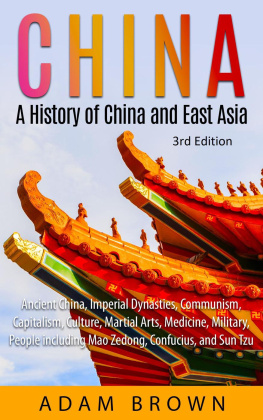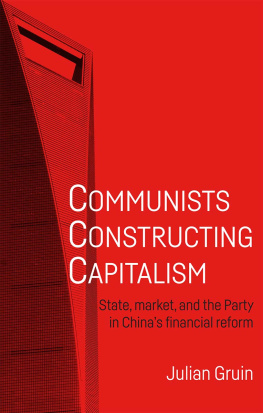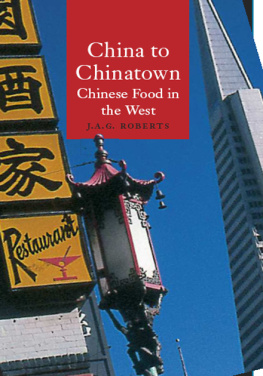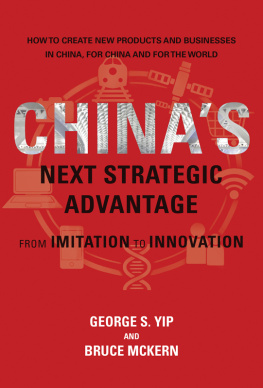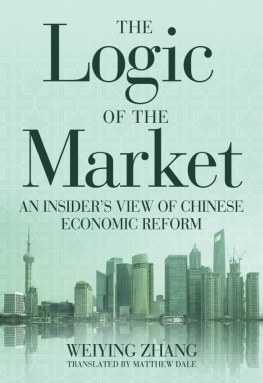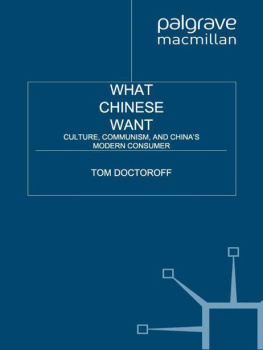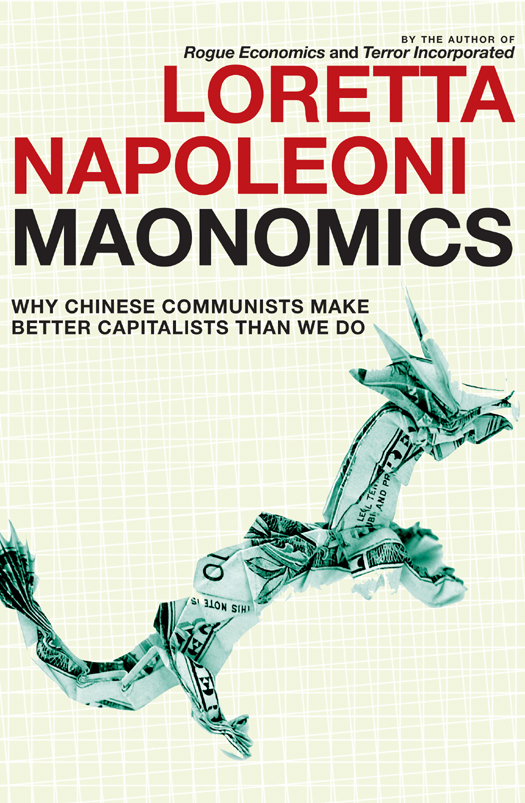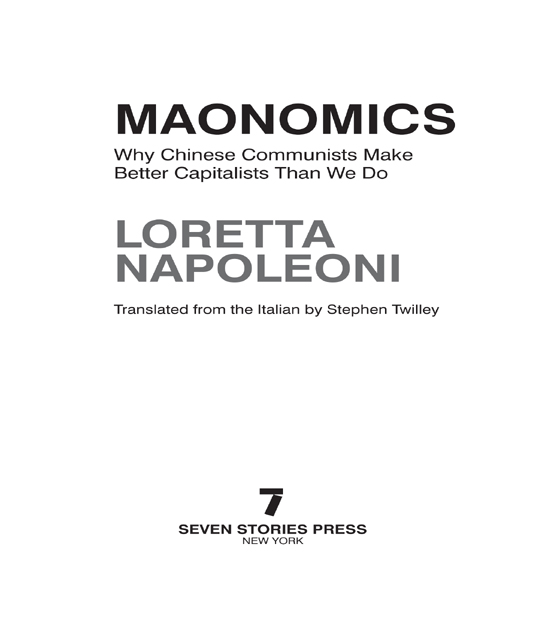Copyright 2011 by Loretta Napoleoni
A Seven Stories Press First Edition
All rights reserved. No part of this book may be reproduced, stored in a retrieval system, or transmitted in any form or by any means, including mechanical, electric, photocopying, recording, or otherwise, without the prior written permission of the publisher.
Seven Stories Press
140 Watts Street
New York, NY 10013
www.sevenstories.com
College professors may order examination copies of Seven Stories Press titles for a free six-month trial period. To order, visit www.sevenstories.com/textbook or send a fax on school letterhead to (212) 226-1411.
Library of Congress Cataloging-in-Publication Data
Napoleoni, Loretta.
[Maonomics. English]
Maonomics : why Chinese communists make better capitalists than we do / Loretta Napoleoni; translated from the Italian by Stephen Twilley. Seven Stories Press 1st ed.
p. cm.
eISBN: 978-1-60980-352-0
1. ChinaEconomic conditions2000- 2. ChinaEconomic conditions1976-2000Congresses. 3. GlobalizationEconomic aspectsChina. 4. ChinaForeign economic relations. I. Twilley, Stephen. II. Title.
HC 427.95. N 3713 2010
330.951dc23
2011027285
v3.1
CONTENTS
PREFACE
Can the extraordinary events that took place in North Africa and the Middle East in 2011 provide the framework for a much-needed critical evaluation of the Western economic and political system? And can this analysis be conducted using the Asian model of development not as an alternative to the traditional Western socioeconomic paradigm, but as something different, new, unique? From the outset of globalization this new formula has proven successful in all the emerging countries that have embraced it.
This unusual exercise could help us to understand our mistakes and find reasonable answers as to why our economic model suddenly seems out of sync with the world we live in. And perhaps it could also shed some light on the murky complexity of a globalized economy. As we sail toward a multipolar world, it becomes apparent that no ideal development model exists, no single economic or political system fits every country. Complexity breeds uniqueness.
Thus, a comparison between the economic performance of two distinct models of development, the Western and the Chinese, is a much needed exercise, one that opens a window upon the new world because it offers a sneak preview of the future. Indeed, while the West struggles to recover economically and the Middle East is on firean explosion caused by social and economic injusticeAsia is booming. For the first time in generations wealth is empowering people: economic growth brings better living standards and new business opportunities, and breeds a higher degree of independence. However, only a few of us seem conscious of the slow-motion movement toward political participation that the Asian economic growth propels; even fewer people are aware of the fundamental shift in the socioeconomic paradigm known as capitalism and democracy that is taking place in Asia, a political earthquake not caused by a revolution, but by maintaining a centralized form of government, which many still define as communism.
As the freedom bug infects North African countries ruled by fake democracies and dictatorial regimes, as the masses attempt to depose oligarchic leaders whom the democratic West has backed for decades, the formula of Eastern authoritarianism, coupled with economic freedom that we in the West have for so long criticized and misunderstood, becomes an appealing alternative to an obsolete Western socioeconomic model of development. Ask yourself a fundamental question: if I were an Egyptian today, which economic system would I want to emulate, the Western or the Asian? Would I trust Western leaders and corporations, which for decades have been doing business with the oligarchic elite that oppressed and robbed me? Or would I look to politicians and firms from emerging countries, people who until a few decades ago were as poor and dispossessed as I am today?
The propaganda machine that blinds the world would like us to believe that the Middle East ordeal has nothing to do with our political and economic model and that we have not fostered repressive and dictatorial regimes disguised in the cloth of economic freedom and democracy. In 2010 the European Union sold almost 400 million worth of arms and armaments to Libyas Gaddafi aloneweapons that in 2011 he used against his own people. The price of our democracy could well be the defense of undemocratic regimes in far away countries such as Saudi Arabia, a repressive kingdom where women have fewer rights than men. Imagine the economic consequences of the fall of the House of Saud, the second-largest oil producer in the world after Russia, and the biggest exporter to the West. Our comforts could vanish in the blink of an eye.
The credit crunch and the recession have outlined the endemic instability of our economy, exposing its idiosyncrasies and contradictions; the Arab uprising may well reveal the fragility of our democracies when deprived of endless cheap energy supplied by oligarchs and dictators who also keep our defense industry afloat. In a society truly ruled by democracy, an ideal world, who would buy our arms and political protection?
The world is changing fast, too fast for those who desperately cling to a past long gone. Once again, in the space of a decade, the West has been taken by surprise by perfectly predictable events. And we feel once again deeply exposed. As stories of the atrocities that modern Arab dictators inflicted on their population reach our living rooms, as the media unveils the true nature of North African democracies and Gaddafi morphs back into a bloodthirsty madman, Westerners watch their certainties vanish. Egypt is a democracy and yet it was ruled by a dictator; China is a communist country and yet it champions capitalism.
The propaganda machine hid the gathering political storm in North Africa and the Middle East. Constantly focusing on Chinas atrocities and lack of democracy, our leaders and media ignored the abysmal human rights record of Mubarak in Egypt, the ruthless repression of opposition by Gaddafi, Ben Alis theft of Tunisias wealth, and so much more. The propaganda machine also hid from us both the true nature of the Chinese economic miracle and the difficulties of our own model.
The world is changing fast and we must open our eyes if we want to avoid ending up crushed under its wheels. Demography is reshaping the Middle East. Over the last three decades, a population boom has taken place in this deeply volatile region. A youth explosion coupled with economic pressuresnot Islamist terrorismhas brought down ruthless dictatorial regimes. There were no swords brandished against the West in Tunisia or Egypt, no bearded man preaching the Sharia, but young people armed with iPhones and Blackberries. They defied the traditional media propaganda thanks to Facebook, YouTube and Myspace, forcing us Westerners to confront a new, deeply uncomfortable reality.
In Asia a different revolution is taking place and we are totally unaware of its nature and objectives. Billions of Asian people are catching up with our standards, and soon they will be the driving force of major economic and financial changes that will impact our everyday lives. We may never see Chinese youth challenging the status quo; those images may never reach our screens, but our destiny is deeply intertwined with theirs. And to understand what awaits us around the corner, we must rise above the propaganda and look at China and Asia with humility and hope, not with arrogance and bigotry.



